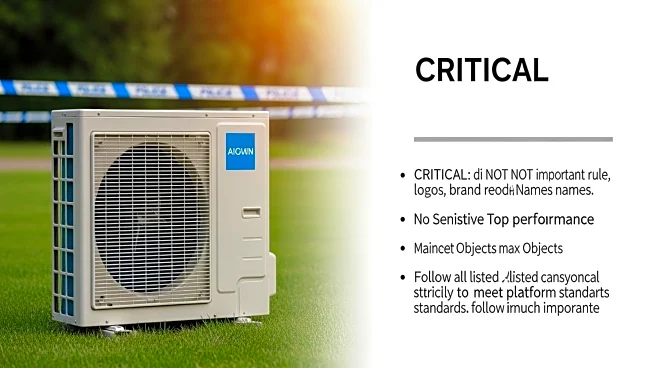What's Happening?
Consumer Reports has released data identifying American Standard and Trane as the top heat pump brands for 2025. This comes as heat pumps have become the most popular heating appliance in the U.S., with
over 5 million units sold in 2024, surpassing gas furnaces. The report highlights the efficiency of heat pumps, which can reduce energy bills by $300 to $650 annually. Despite the higher initial installation costs compared to gas furnaces, the long-term savings and efficiency make them a preferred choice. The survey, conducted among heat pump owners, rated 29 brands, with American Standard and Trane receiving the highest scores of 84%. The survey focused on reliability and satisfaction, covering installations from 2007 to 2023.
Why It's Important?
The identification of top-performing heat pump brands is significant as it guides consumers in making informed decisions in a growing market. With the shift towards more energy-efficient appliances, heat pumps represent a critical component in reducing household energy consumption and costs. The high ratings of American Standard and Trane suggest these brands offer reliable performance, which is crucial for consumers looking to invest in long-term home heating solutions. As the demand for sustainable and efficient heating solutions increases, these findings could influence market trends and consumer preferences, potentially impacting the sales and development strategies of other brands in the industry.
What's Next?
As the market for heat pumps continues to expand, manufacturers may focus on enhancing the efficiency and reliability of their products to meet consumer expectations. The high ratings of American Standard and Trane could lead to increased competition among brands to improve their offerings. Additionally, as consumers become more environmentally conscious, there may be a push for innovations that further reduce energy consumption and environmental impact. The industry could also see increased regulatory attention to ensure that products meet certain efficiency standards, potentially influencing future product development and market dynamics.










